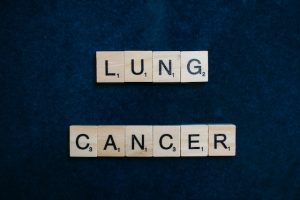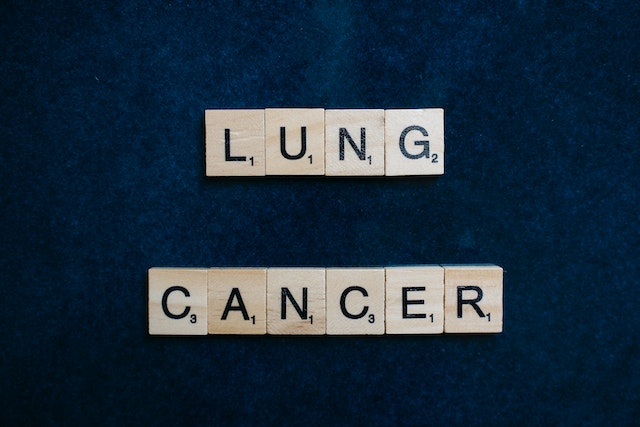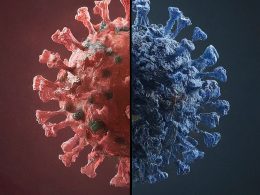Understanding Long-Term Lung Damage from Covid-19: An Inside Look
The battle against Covid-19 has brought to light a concerning phenomenon – long-term lung damage. As we navigate through the aftermath of this global pandemic, it’s crucial to delve into the implications of Covid-19 on lung health. This article offers an insightful exploration of the lingering effects of the virus on the respiratory system, shedding light on causes, symptoms, and preventive measures.
The Aftermath of Covid-19: Lingering Lung Concerns
Covid-19 primarily targets the respiratory system, leading to acute respiratory distress in severe cases. However, even after the acute phase subsides, many individuals experience persistent lung issues. These concerns arise due to the inflammatory response triggered by the virus, which can result in scarring and damage to lung tissue.
Unmasking the Causes of Long-Term Lung Damage
Long-term lung damage can be attributed to various factors. The severity of the initial infection, pre-existing lung conditions, and delayed treatment play pivotal roles. Additionally, the immune system’s response to the virus can inadvertently cause collateral damage to lung tissues, further exacerbating the issue.

Signs and Symptoms of Post-Covid-19 Lung Damage
Recognizing the signs of long-term lung damage is crucial for timely intervention. Individuals may experience persistent shortness of breath, chronic cough, and fatigue. Reduced lung function can significantly impact daily activities and overall quality of life. Regular medical check-ups and lung function tests are vital to monitor any potential deterioration.
Guarding Your Lungs: Preventive Measures and Care
Preventing long-term lung damage involves a multifaceted approach. First and foremost, practicing recommended safety measures, such as wearing masks and getting vaccinated, remains crucial. Engaging in pulmonary rehabilitation programs can aid in improving lung function and overall respiratory health. Adopting a healthy lifestyle, including a balanced diet and regular exercise, can also contribute to mitigating long-term lung issues.
In conclusion, understanding the potential for long-term lung damage from Covid-19 is essential for individuals and healthcare providers alike. By delving into the causes, recognizing symptoms, and implementing preventive measures, we can collectively strive to minimize the lasting impact of the virus on lung health. Stay informed, stay vigilant, and prioritize your respiratory well-being.










